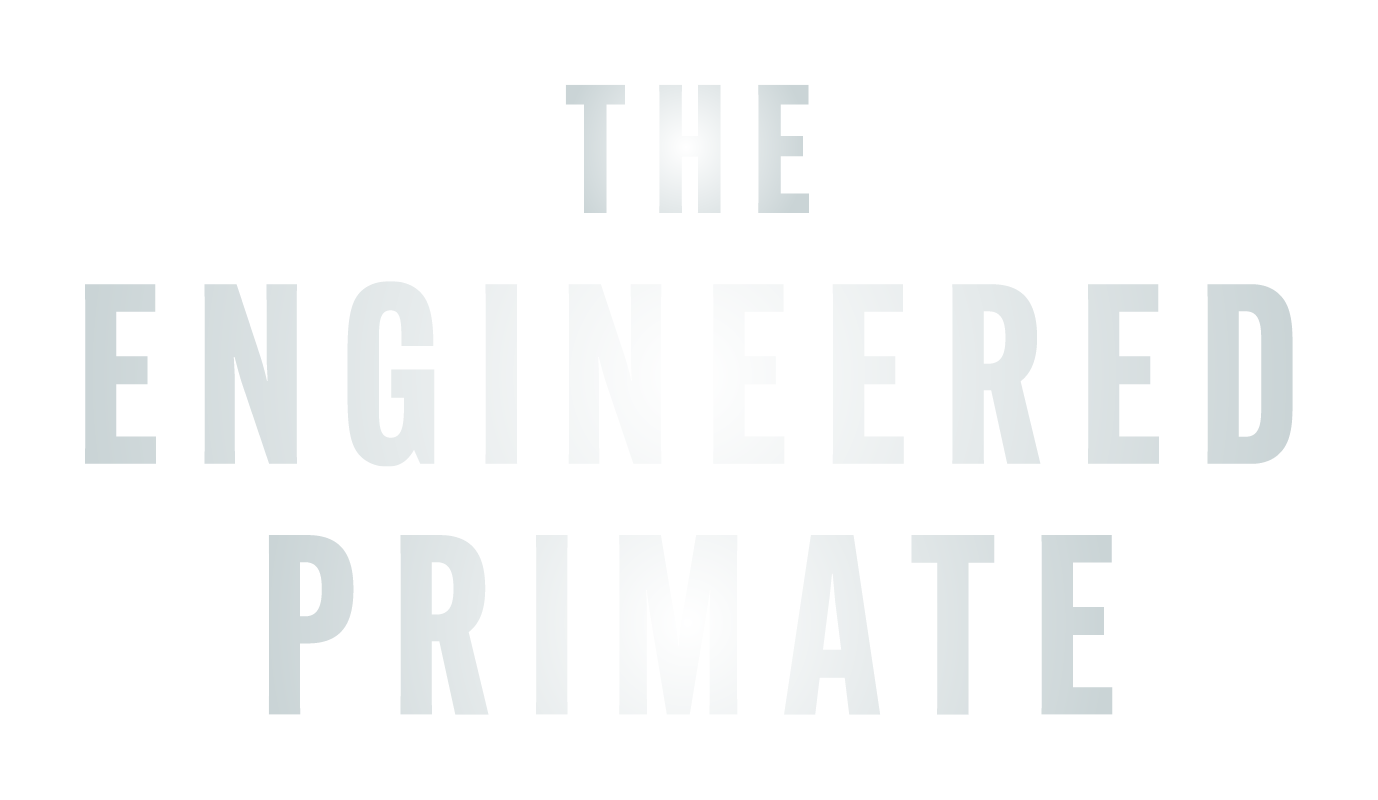Dairy – From Calf to Culture
Gerbault, P., Liebert, A., Itan, Y., et al. (2011). “Evolution of lactase persistence: An example of human niche construction.” Philosophical Transactions of the Royal Society B, 366(1566), 863–877.
Examines the genetic evolution of lactase persistence, highlighting its relationship to dairy farming as a culturally driven nutritional adaptation.
Cordain, L., Eaton, S. B., Sebastian, A., et al. (2005). “Origins and evolution of the Western diet: Health implications for the 21st century.” The American Journal of Clinical Nutrition, 81(2), 341–354.
Explores the introduction of dairy into human diets as part of the Western dietary pattern, and considers its role in the broader context of evolutionary health mismatches.
Campbell, T. C. & Campbell, T. M. (2006). The China Study: The Most Comprehensive Study of Nutrition Ever Conducted. BenBella Books.
Highlights casein’s association with chronic diseases and critiques dairy’s role in dietary guidelines.
Goldman, A. S. (2000). “Modulation of the gastrointestinal tract of infants by human milk: Interfaces and interactions. An evolutionary perspective.” Journal of Nutrition, 130(2), 426S–431S.
Discusses the species-specific adaptations of human breast milk, highlighting critical differences from bovine milk and their implications for infant digestion, immunity, and long-term health.
Ganmaa, D., & Sato, A. (2005). “The possible role of female sex hormones in milk from pregnant cows in the development of breast, ovarian and uterine cancers.” International Journal of Cancer, 118(3), 450–451.
Discusses how hormones present in dairy products can disrupt the human endocrine system, potentially elevating the risk of hormone-related cancers.
Papadimitriou, N., Markozannes, G., Kanellopoulou, A., et al. (2021). “An umbrella review of the evidence associating diet and cancer risk at 11 anatomical sites.” Nature Communications, 12, 4579.
Systematically reviews associations between dietary patterns, including dairy consumption, and cancer risk across multiple anatomical sites, highlighting links with hormone-sensitive cancers.
Ding, M., Li, J., Qi, L., et al. (2019). “Associations of dairy intake with risk of mortality in women and men: Three prospective cohort studies.” The BMJ, 367, l6204.
Examines the relationship between dairy consumption and mortality risk, highlighting how high dairy intake may influence chronic disease outcomes and overall health.
Heaney, R. P., & Layman, D. K. (2008). “Amount and type of protein influences bone health.” The American Journal of Clinical Nutrition, 87(5), 1567S–1570S.
Discusses how dietary proteins, particularly casein from dairy sources, affect bone health through their impact on metabolic acid load and calcium balance.
Willett, W. & Ludwig, D. S. (2020). “Milk and health.” The New England Journal of Medicine.
Critiques the historical narrative of dairy as an essential food and discusses its impact on modern health.
Lanou, A. J., Berkow, S. E., & Barnard, N. D. (2005). “Calcium, dairy products, and bone health in children and young adults: A reevaluation of the evidence.” Pediatrics, 115(3), 736–743.
Critically evaluates evidence linking dairy consumption to calcium intake and bone health, challenging the conventional belief that dairy is essential for optimal skeletal development.
Lanou, A. J. & Castleman, M. (2009). Building Bone Vitality: A Revolutionary Diet Plan to Prevent Bone Loss and Reverse Osteoporosis. McGraw Hill Professional.
Advocates for plant-based calcium sources and highlights the risks of dairy consumption.
Melnik B. C. (2015). Milk: an epigenetic amplifier of FTO-mediated transcription? Implications for Western diseases. Journal of translational medicine, 13, 385.
Examines how hormones present in dairy products activate metabolic signalling pathways such as mTORC1, contributing to increased risk for chronic metabolic diseases.
Steinfeld, H., Gerber, P., Wassenaar, T., et al. (2006). Livestock’s Long Shadow: Environmental Issues and Options. Food and Agriculture Organization of the United Nations.
Highlights the significant environmental impacts of dairy production, advocating for more sustainable dietary alternatives, including plant-based options.
Poore, J., & Nemecek, T. (2018). “Reducing food’s environmental impacts through producers and consumers.” Science, 360(6392), 987–992.
Highlights the substantial ecological benefits associated with reducing dairy consumption, advocating dietary shifts towards plant-based alternatives to lower environmental burdens.
Springmann, M., Clark, M., Mason-D’Croz, D., et al. (2018). “Options for keeping the food system within environmental limits.” Nature, 562(7728), 519–525.
Evaluates the environmental sustainability challenges posed by dairy production, emphasising the benefits of dietary shifts toward plant-based alternatives.
